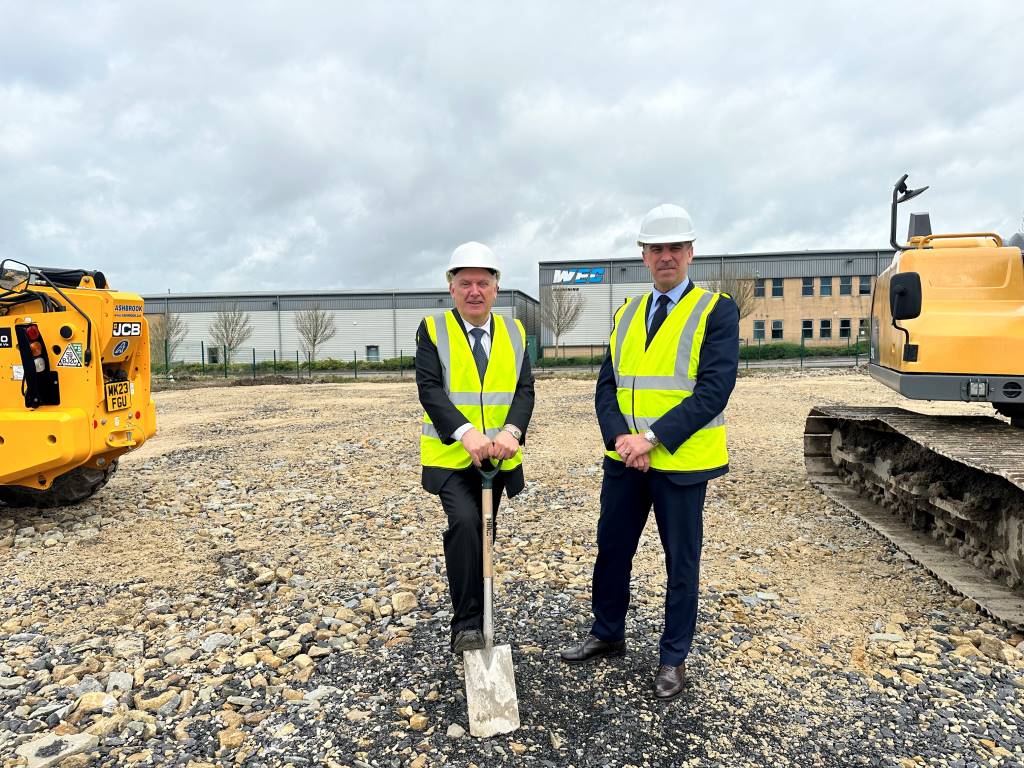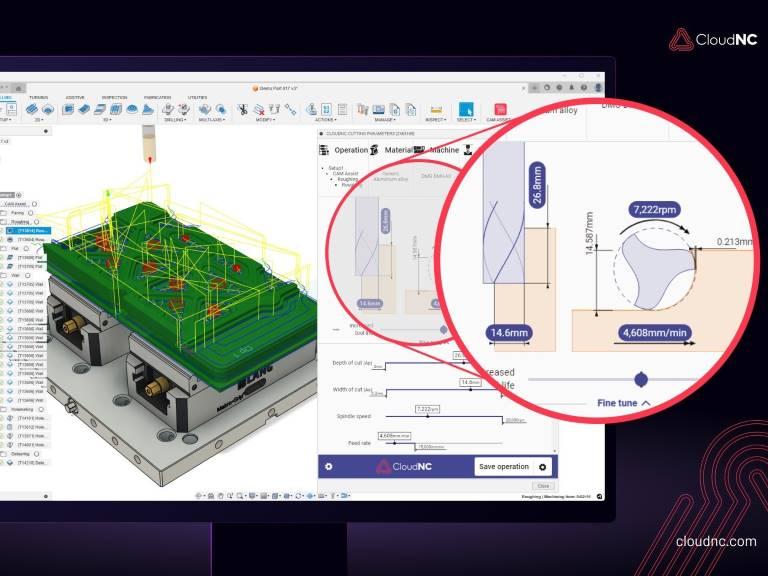Going digital beyond the factory floor

James Smith, head of sales UK at information management specialist Kefron explains why manufacturing firms need to approach digital transformation across the whole business and not just the factory floor.

With only half of UK’s manufacturing firms undergoing digital transformation the industry faces a huge challenge if it wants to compete on a global level. Recent research underlines how important it is for UK manufacturers in all sectors from aerospace to automotive to digitally transform their businesses right now.
Whilst digital transformation may evoke images of robots and artificial intelligence on the factory floor, basic business functions like human resources (HR) and finance need investment too. In fact, research shows that 80% of UK businesses think HR is essential to the success of every digital transformation strategy.
In many manufacturers, HR and finance functions still deal with large levels of paperwork and data in a way that isn’t always the most effective in terms of time usage or cost efficiency. For example, 57% of office workers spend an hour every day looking for missing documents, with 20% of them having to recreate the documents they couldn’t find.
This means that days will be lost every month due to ineffective filing and processing systems for documents. It’s one of the reasons why the manufacturing industry needs to approach digital transformation across the whole business and not just on the factory floor.
Automated productivity
Digital transformation for manufacturers means digitising documents and data and automating processes allowing staff to work more productively. Time is saved in two main areas. Firstly, misfiling or misplacing physical documents wastes hours every week. When documents are digitised, stored online and available instantly, the time spent searching for and retrieving the right document is practically eliminated. Also, paper can be lost or damaged easily, whilst filed documents aren’t always secure as sometimes people who aren’t authorised can have access to them. A secure digital data store can fix all that.
Secondly, it is more difficult and time consuming to capture data from physical documents, whilst reports on paper-based processes are also manual and time consuming to generate. When data is extracted and processed automatically as opposed to manually, staff time spent on manual data entry is greatly reduced using data capture technologies.
A good example is in the Accounts Payable (AP) Department where processing hundreds or thousands of paper and electronic invoices each month typically requires manual effort that can be costly and error-prone. By automating your AP process using invoice automation software you can streamline the work, eliminate potential human errors and lower the cost per invoice processed.
Implementing automated systems and reducing the use of paper can seem very challenging but when any manufacturer sees the benefits of automation through the introduction of a contemporary, slick Document Management or Accounts Payable Automation solution they won’t look back.
Reducing human error
Business automation software like those used for AP teams greatly reduce the risk of human error as they remove the need for manual input of information, thus cutting out the risk of making costly mistakes.
For example, Kefron’s Document Management (DM) solution securely captures data from physical and digital documents for easier onward processing and it also hosts digital images and documents to make record keeping easy. It lets you automate and manage a wide range of business functions like policy setting, contracts, accounts payable (AP) invoice processing, HR and quality management.
For instance, when it comes to invoice processing, invoice data can be captured, checked against a purchase order or sent for approval and then dispatched as clean, checked data to the finance system. Errors are greatly reduced and invoice processing times are reduced, which leads to overall cost savings of up to 75%.
Less cost
To remain competitive, it’s crucial that manufacturers carefully manage costs and embracing automation can save money in a range of ways.
Obviously, the time savings created by automation can be converted into cost savings or can result in time being given back to the business. If workloads increase during busy periods, automated systems can minimise the effect, meaning there’s no need to recruit extra staff to cover short term spikes.
Automated business systems can also reduce errors and prevent bottlenecks in processes, so employees will be more productive and able to complete more tasks. This can prevent or reduce unnecessary overtime costs.
Finally, let’s not forget that paper usage also contributes to the amount of waste a manufacturer produces, so ditching the paper reduces the cost of managing and disposing of the extra waste and there is also the cost saving of buying less or no paper, plus less printing, copying and ink. As an aside, this also helps manufacturers to boost their green credentials and reduce their carbon footprint which can’t do any harm.
Payment on time, every time
Subcontractors make up a large part of the workforce in the wider manufacturing industry as a whole. This creates more paperwork for firms who often have to process large numbers of invoices and struggle to pay them on time because they literally can’t process them fast enough. This can be damaging for contractor relationships and it can affect their willingness to work and their productivity.
This also applies for all other companies that are part of the manufacturing supply-chain including component suppliers. The quicker all suppliers are paid the easier it is for them to run their businesses, plus paying on-time can also help to improve the business relationships between manufacturers and their suppliers.
One of the major bottlenecks in paying invoices on time is the process of approving invoices for payment. As invoices for approval are distributed to approvers across the business they can be held up as busy managers neglect to approve them promptly. With an automated system, managers can approve digital invoices online anytime from anywhere with scheduled reminders in case they fall behind.
Also as the UK Government clamps down on late payments manufacturers can turn to automated accounts payable systems to manage their overall process more effectively and to hit those all important payment deadlines.
Switching to automated business systems and reducing or removing paper also has a range of other benefits like increased security and fraud mitigation, and compliance with regulatory and privacy legislation such as the GDPR.
Ultimately, business process automation can help manufacturers to be more efficient, effective and productive companies by integrating information and systems. Manufacturers who adopt digital transformation beyond the factory floor will benefit in a large range of ways and be more competitive than ever.
Kefron












